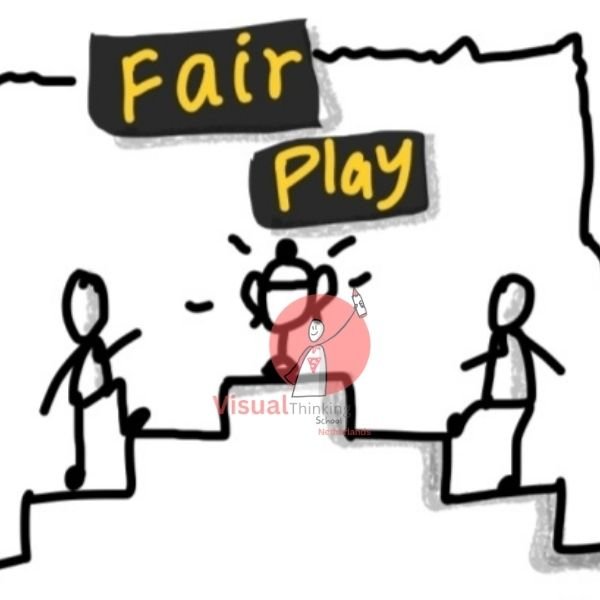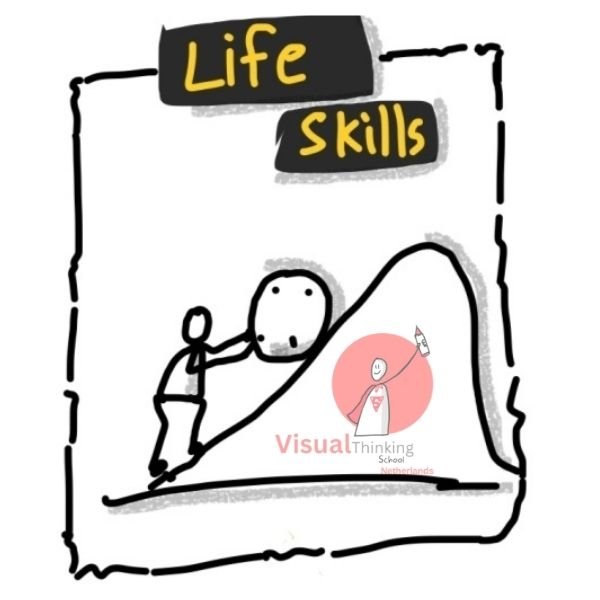

In the competitive world of sports, the concept of sportsmanship extends far beyond the simple handshake after a game. It encapsulates a set of virtues that not only ensures fair play and respect for opponents but also imparts essential life lessons that athletes carry with them off the field. Sportsmanship is about showing integrity in both victory and defeat, emphasizing moral values, emotional control, and the development of life skills. Let’s explore the multifaceted lessons of sportsmanship and their impact on personal growth and societal values.

True sportsmanship is reflected in how an individual behaves when they win or lose. It’s easy to be gracious when you’re winning, but the real test of character comes in defeat. Showing respect for your opponents, acknowledging their skills, and learning from loss are hallmarks of a mature athlete. Similarly, winning with humility, recognizing the efforts of the losing side, and maintaining composure are signs of true integrity.

Sportsmanship is rooted in fundamental moral values such as honesty, responsibility, and integrity. These values teach athletes to play fair, respect the rules, and be truthful in their actions, whether they’re under the scrutiny of a referee or not. This adherence to moral principles not only ensures a level playing field but also builds a foundation of trust and respect among competitors.

The competitive nature of sports can evoke strong emotions, from the joy of victory to the despair of defeat. Sportsmanship teaches athletes to manage these emotions, maintaining composure and respect for others regardless of the outcome. This emotional control is a critical life skill, enabling individuals to face challenges, setbacks, and successes with grace and resilience.

Fair play and teamwork are at the heart of sportsmanship. These principles encourage athletes to work collaboratively, respect their teammates and opponents, and recognize that success is often a collective effort. Team sports, in particular, highlight the importance of trust, cooperation, and mutual support, skills that are invaluable in personal and professional relationships.

Sportsmanship also underscores the importance of maintaining physical and mental health. A respect for one’s body and mind is crucial, promoting a balanced approach to training, competition, and recovery. This holistic view encourages athletes to listen to their bodies, seek rest when needed, and approach their sport with a mindset focused on long-term well-being rather than short-term gains.

Perhaps the most profound lesson of sportsmanship is the idea that character precedes competence. While skill, talent, and achievement are celebrated, the true measure of an athlete is their character. How individuals conduct themselves, treat others, and uphold the values of sportsmanship often leaves a more lasting impression than their performance on the field. This prioritization of character over competence is a powerful reminder of what truly defines success.

Sportsmanship offers a blueprint for personal development and societal harmony, teaching lessons that extend well beyond the playing field. By emphasizing integrity, moral values, emotional control, fair play, teamwork, and the importance of physical and mental health, sportsmanship molds individuals who are not only better athletes but also better citizens. In a world where winning is often prized above all else, sportsmanship reminds us of the deeper values that unite us in our shared humanity. It teaches us that, ultimately, how we play the game is just as important as the outcome.
We conduct online and in-person certification trainings on our Trade Marked Training on Business Sketchnotes ™.
We have an open challenge in our trainings : If you can not draw after our 9 hours of trainings, we will close our trainings FOR EVER !! ..and we are still waiting for that one person even after training more than 38000 professionals.
You can also join our whatsapp community to learn from those who have attended our trainings

We trained more than 38000 professional and gave corporate trainings in more than 65+ top notch companies

Check Our Trainings

Maths educator by profession and sketchnoter by passion. She loves teaching maths using sketchnotes. She is also an acredited school sketchnote trainer with Visual Thinking School, Netherlands.
More of her sketchnotes can be checked on her Instagram: @Lavanya_anugula